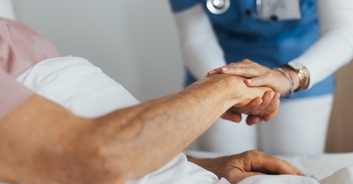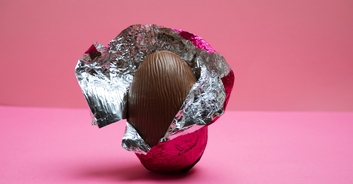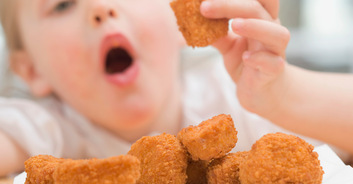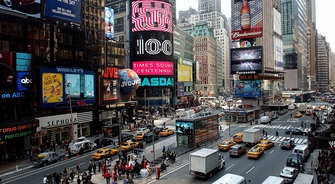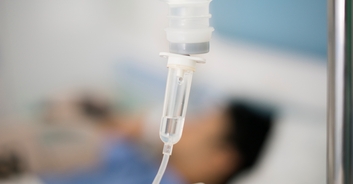Unless you're lucky enough to travel in first class, most of us don't expect fine dining on a flight - but it turns out we might be better off not eating anything on-board at all. Writing on a Quora thread, user Shreyas P, who claims to have been a flight attendant for five major airlines, warned that airline meals are "very unhealthy", even if you've opted for the raw or vegan option - hard to save the planet 40,000 feet in the air (especially in a gas guzzling machine).
"The food on your tray is prepared not in the galley but in the aircraft catering which is often done 12 hours before and even days before the aircraft departure," Shreyas wrote. "Now, how many such industries do you know where the hot or cold meal was made days before you consume it?" If you're flying in the morning or overnight, she said you should be particularly wary of your breakfast.
"The scrambled egg or the omelette that you just had was not only egg but can be a mix of egg and other substitute," Shreyas wrote. "That cut fruit which is on your tray still looks fresh and how is that possible when it was cut hours before the departure, have you ever wondered?"
Shreyas added that most people aren't aware that when a plane is cruising:
"The air pressure in an airliner is equal to about 8,000 feet above sea level (6,000 ft in a Dreamliner). In addition to making your ears pop, it causes our taste buds and sense of smell to go partially numb, compared to on ground. This has major impact on how food tastes and smells. This makes it super bland. So airline catering in recent years has really pumped up the spices, salts, and fats - all to make your mouth happy."
Shreyas said this is one of the reasons why the cabin crew prefer to bring their own food on board. The flight attendant added: "A passenger bringing his own food shows a lot of awareness." According to a flight attendant who spoke anonymously to Vice, you should watch out for the drinks, too.
"Don't drink the coffee on airplanes," she said. "It's the same potable water that goes through the bathroom system. "We recently had a test for E. coli in our water, and it didn't pass, and then maintenance came on and hit a couple buttons and it passed. So avoid any hot water or tea. Bottled and ice is fine, of course."
Even celebrities bear caution when they are flying. He may be able to eat at his own restaurants when he's on the go but if Gordon Ramsay's not flying out of Heathrow, he'll never, ever eat plane food: "there’s no f***ing way I eat on planes."
Ramsay says: "I worked for airlines for ten years, so I know where this food’s been and where it goes, and how long it took before it got on board." The same applies to business and first class, so it might be a good idea to start eating before you get on the plane. Or, bring a cheeseburger or fried chicken onboard. I'm sure no one will mind that much on a long-haul flight.






